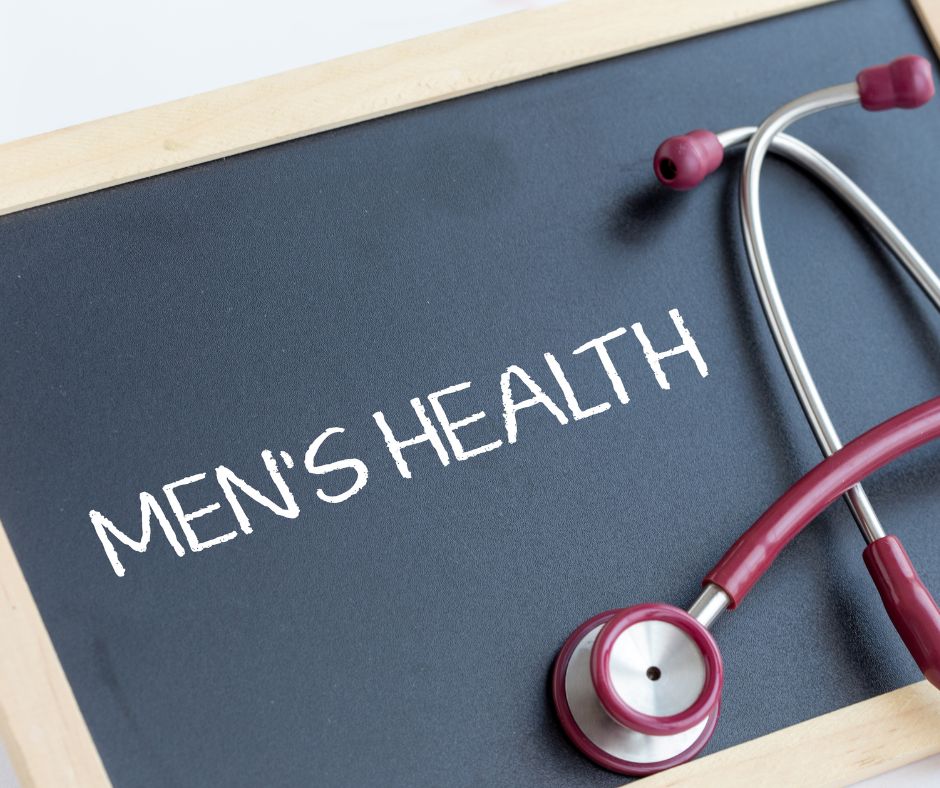Men's Health
Clinic Network

Who are we?
The Men's Health Clinic Network is a professional community dedicated to supporting clinic owners in the field of men's health services. Our network provides a platform for clinic owners to connect, collaborate, and share best practices for delivering high-quality care and improving outcomes for male patients.
Why Join our Network?
Best Practices / Operations

Best Practices - takes the best protocols & operational strategies to maximize outcomes for patients and profits for clinics.


Referral Center

The Referral Center is a sponsorship center dedicated to bring new resources to the typical men’s health clinic. These resources range from Local 503A & 503B Pharmacies, Equipment Manufacturers to even equipment financing.
Our Network of Men's Clinics

Network of Men's Clinics throughout the US. Each Clinic indicates their services for men's health client referrals.


Lastest News & Educational Interviews

Educational Resources - We provide access to educational resources, including webinars, workshops, and online courses, covering topics such as clinical protocols, practice management, marketing strategies, and emerging trends in men's health.
Clinic Testimonials
Men's Health USA

It's been great with these guys. They have automated almost everything . It makes it easy for me to see patients, diagnose and then treat. I don't have to figure out how to get new patients in the door."
- Prince DNP
Ageless MedSpa

Jeremiah is great. He really knows the Medspa business. He has helped me build this business from the ground up. I had no idea all the ways I can automate the daily tasks that sometimes my staff fails to complete."
- Johanna NP
Centinela MD

I'm very proud of Jeremiah and his team. They have developed a great system to build clinics. We increased our new patient PPO & Medicare business by 35%. It works.
- Dr. Jerry
Frequently Asked Questions
Common Questions Answered for your convenience.
What can this Network do for me?
If you are a Men's Health Clinic, this network is your next best friend.
- Education coming from the best practices & protocols
- Education from Webinars & Interviews
- Resources from our sponsors
- Network Referrals
- and much more....
Is this Network just Men's Health Clinics?
This Network only caters to medical practices that offer men's health services. This could be a Men's Health Center or a medical practice that offers Men's health services.
Will it cost me to join this Network?
No, we are not charging any clinic to join our network.
Who designed this Network?
Here, at Men's Health USA, a Men's health Clinic, we realized that all men's clinics have the same problems. We really aren't competition, but collectively, we can be a force for ensuring men's health throughout the states.
How can I receive Referrals for my clinic?
Once you have joined the group, the private group and the private community. Once there, you can apply for the referral network to receive patient referrals from community events & sources.
Do I have to divulge my information to join this group or can i just put down any information and just take the information?
This group has a purpose. It is to benefit the men's health clinic owners. If you are men's health clinic owner or manager, you are welcome to join. Its for your benefit. If you are neither, please don't join. Lets make this group benefit the one who need it.
